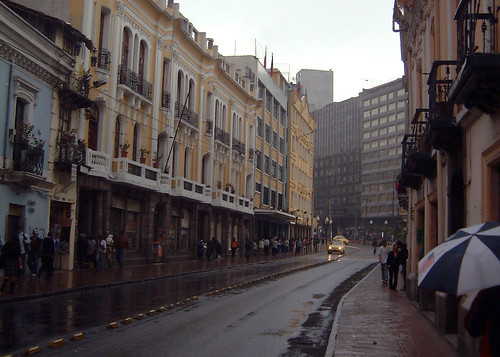The resources available electronically are numerous. On our SJLibrary.org website, we provide five different services: netLibrary, Overdrive, Pimsleur Language, Safari Tech and Ebrary Academic. However, the services are separated for San Jose Public Library customers and San Jose State University customers. Although the material is similiar, SJSU focuses on "scholarly" material for research, and SJPL focuses on "general" material for "lifelong learning."
Both SJSU and SJPL provide netLibrary for their customers. It includes topics such as Business, Education, Literature, the Sciences and Social Sciences among others. It is interesting to note that netLibrary can be searched in five different languages besides English. It also has an embedded dictionary that can actually pronounce words. As a browsing library, it is not necessary to check the item out. It must also be read online and can be accessed from the computers in the library. Searching here, I was able to see the variety of material available and found an ebook on the environment: Harmony and Conflict in the Living World by Alexander Frank Skutch.
The Pimsleur Language service is provided to SJPL customers. This netLibrary service provides over 160 different audiobooks in a variety of language lessons including Arabic, Egyptian, Hebrew, Japanese and Spanish, among others. The material must be checked out and downloaded; however, it can be played offline and on some portable audio devices. For this service, I downloaded: Spanish (Latin America) The Plus Course.
Overdrive is a SJPL service, and it provides a variety of material including: Ebooks, digital audiobooks, and digital music. The collection includes: Nonfiction ebooks and audio ebooks on Travel, Biographies, History, Self Help, etc.; Fiction ebooks and audio ebooks on Classics, Mysteries, Science Fiction and Fantasy, Young Adult and Children's Fiction, etc. The music collection is small but varied including Classics, and New Age, etc. Overdrive is set up nicely with descriptions of the material, about the author, even excerpts of the music collection. I checked out and downloaded: Autobiography of Dr. Martin Luther King, Jr. edited by Clayborne Carson, Ph.D.
Safari Tech is a resource for "programmers and IT professionals." This service is provided by SJPL and SJSU. It includes topics on Artificial Intelligence, Desktop Publishing, Graphics, Multimedia, Operating Systems, Security, etc. Safari Tech is browsable and the full-text can be searched on a particular issue or the ebook can be read from "cover-to-cover."
Ebrary Academic is a SJSU service - it is also browsable and doesn't need to be checked out. This service is available on our Library computers. The topics covered include Library Science, Education, Fine Arts, History, Law, Literature, Medicine, Music, Political Science, Science, Technology, etc. With the Personal Bookshelf, highlights, notes and bookmarks can be saved. Also, "InfoTools" has links to more information in our Library and the Internet. Since the service is browsable, I found some interesting ebooks: Lives of Moral Leadership by Robert Coles and Adapting the United Nations to a Postmodern Era: Lessons Learned edited by Andy W. Knight.
Although I've downloaded ebooks before, this "Thing" was a good review. It is simply amazing to see what is available including the 100,000 electronic books from the World Ebook Fair and Project Gutenberg. The topics are endless. I searched a variety of subjects including Thomas Jefferson, the Environment and NRDC (Natural Resources Defense Council), Iraq and Transitional Government, and Nutrition. I found ebooks available on all of these topics. Unfortunately, for me, ebooks are a difficult read online, but a tremendous asset for full-text searching on wide variety of research topics.




